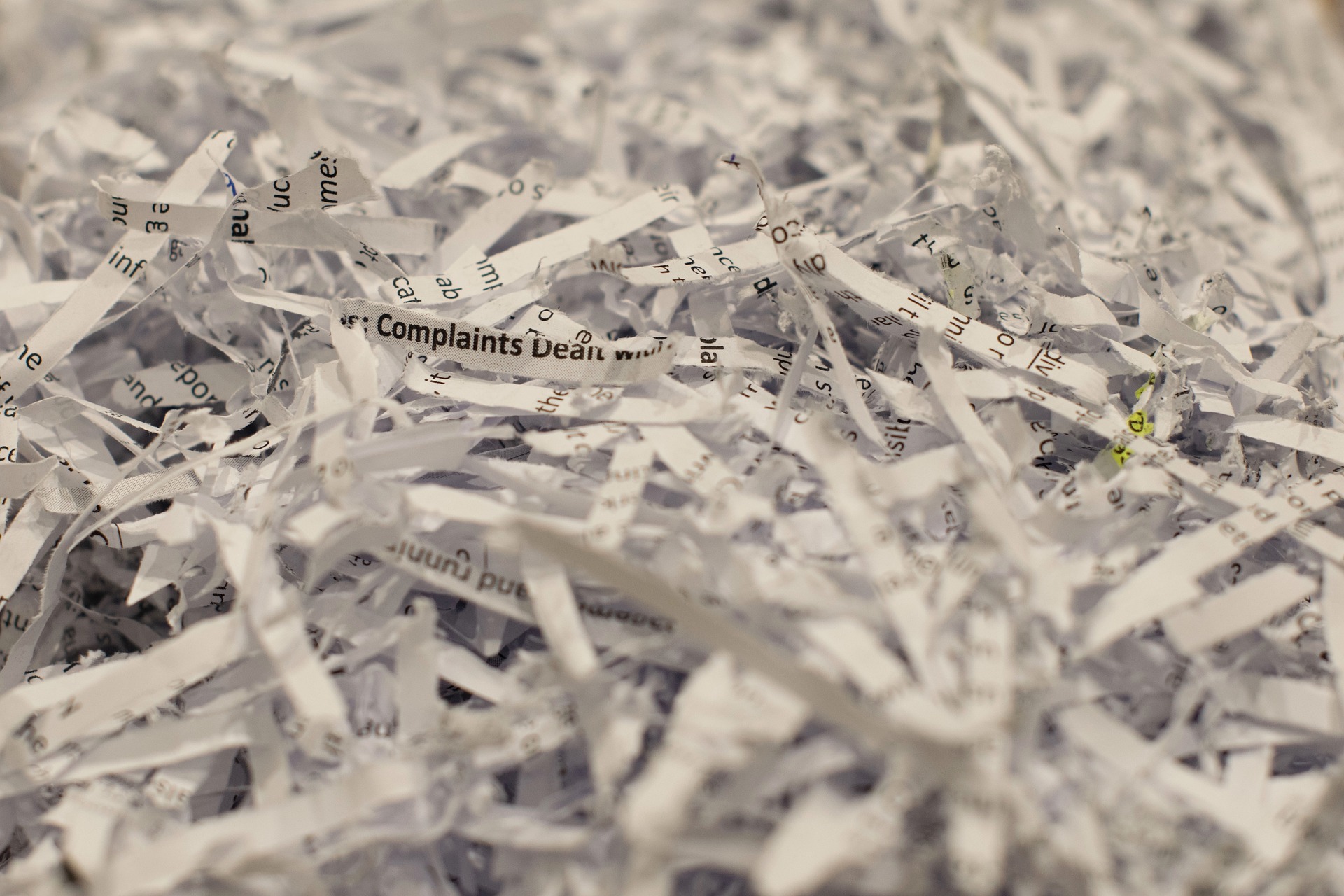
When we think of data breaches, we often picture high profile cyberattacks on big name corporations. But in reality, small businesses are increasingly the targets, and victims, of data breaches. According to the UK Government’s Cyber Security Breaches Survey 2024, 32% of UK small businesses identified a cyber security breach or attack in the past 12 months. For medium businesses, this figure jumps to 59%.
The consequences of a breach go far beyond inconvenience. For small businesses, they can be absolutely devastating. And in today’s climate of heightened data regulation and customer awareness, ignoring the risks is no longer an option.
Counting the Cost
Let’s start with the financial impact. The same UK Government survey found that the average cost of a data breach for small businesses is £1,100, rising to £10,830 for medium businesses. These figures include everything from ransom payments and IT recovery to legal fees and business downtime.
But the real cost often runs much deeper. Data breaches can often result in loss of customer trust, regulatory penalties and reputational damage. News of a data breach can spread fast, especially online, damaging a company’s reputation for years to come. For many small businesses, these are consequences they simply can’t afford to absorb.
Legal Obligations Under UK GDPR
UK GDPR places strict responsibilities on businesses when it comes to data protection. If a breach involves personal data and poses a risk to individuals’ rights and freedoms, it must be reported to the Information Commissioner’s Office (ICO) within 72 hours.
Failure to comply with these rules can result in more than just fines. It can lead to audits, restrictions on data processing, and a loss of public and customer trust. That’s why it’s critical to have data handling and destruction policies that are not only effective but compliant with current regulations.
How Breaches Happen
While cyberattacks like phishing and ransomware are often the cause, data breaches can also happen through far simpler, and more preventable means such as:
- Improper disposal of confidential paperwork
- Old hard drives and devices being resold or recycled without proper data removal
- Lost or stolen USB sticks or laptops
- Employee error, such as sending an email to the wrong recipient
This is where many small businesses are vulnerable to falling foul of regulations – not from some shadowy hacker, but from everyday mismanagement of data.
The Role of Secure Shredding
One of the most effective ways to prevent data from falling into the wrong hands is by secure document shredding. Paper records may seem outdated, but they remain a significant source of risk if not properly destroyed. Whether it’s printed payroll information, customer addresses, or HR files, these documents can easily be used for identity theft or fraud if they end up in the wrong bin.
By implementing a regular shredding routine using a certified provider, businesses can ensure that sensitive paper documents are fully and irreversibly destroyed. This doesn’t just protect against data theft – it demonstrates to customers and regulators that your business takes data security seriously.
Don’t Forget Digital
Even more dangerous than paper documents are digital devices like computers, hard drives, and USB sticks. Deleting files or formatting a hard drive might seem sufficient, but it’s often not enough. Data can often be recovered using relatively simple software tools.
The only guaranteed method to protect data on these devices is physical destruction. This is particularly important for businesses retiring old IT equipment, moving offices, or closing down operations. Failing to properly dispose of digital data can result in a breach – sometimes years down the line.
Practical Steps To Protect Your Business
To minimise your risk and comply with UK data protection laws, small businesses should:
- Conduct regular audits of all physical and digital data holdings.
- Implement a clear data retention policy, detailing how long information is kept and how it is disposed of.
- Train staff on data protection and how to handle confidential information securely.
- Use certified providers for document shredding and digital media destruction.
Keep Yourself Protected
For UK small businesses, the cost of a data breach is not just financial – it’s operational, reputational, and legal. And while cybersecurity measures like antivirus software and firewalls are important, physical data security is just as crucial.
Whether it’s securely shredding old personnel files or ensuring that retired hard drives are completely destroyed, proactive data destruction is a key line of defence against breaches. It’s not just good practice – it’s your legal obligation.
If you’d like to learn more about how we can help with your secure shredding requirements please get in touch with our friendly team today.
Latest news articles




